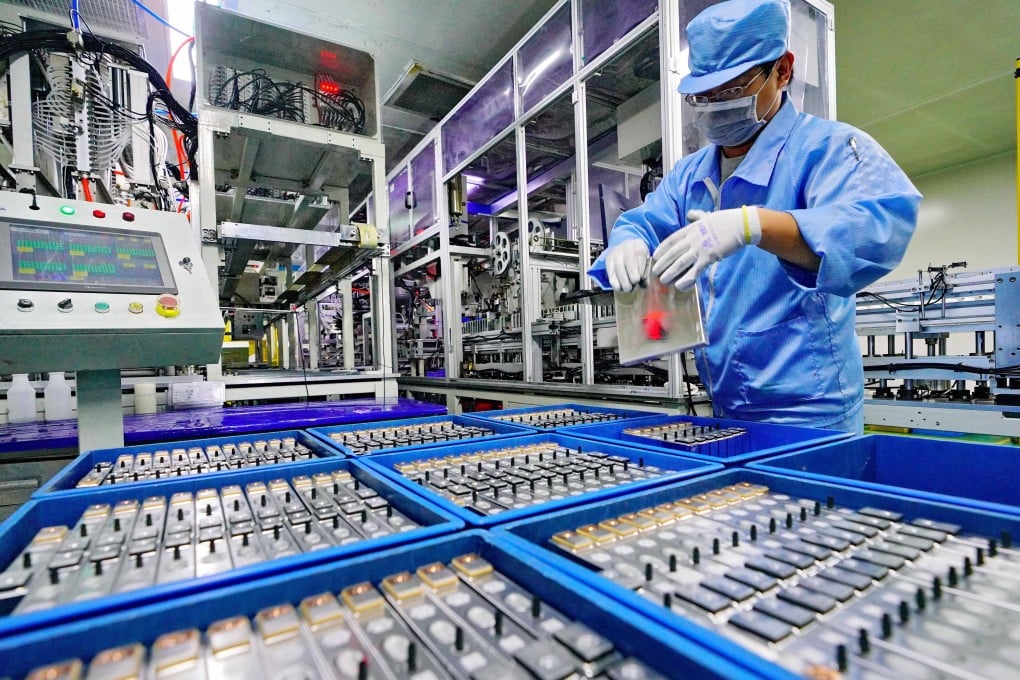China’s electric vehicle battery supply chain dominance enhanced with nickel production innovation
- Tsingshan Holding Group said last week that it will be able to provide a new flow of nickel matte from its Indonesian operations
- Nickel is a key metal needed in the production of lithium-ion batteries used in electric vehicles

China has continued to show its dominance in the global battery supply chain by sending the nickel market into overdrive after stainless steel producer Tsingshan Holding Group announced it would be able to provide a new flow of nickel matte from its Indonesian operations.
Nickel prices reversed immediately, falling 8.5 per cent on the day of the announcement – the largest single day drop since December 2016 – putting a halt to the climb in prices which had reached a record six-year high a few weeks earlier.

01:21
Nio enhances production efficiency amid rising orders for its electric-powered SUVs
Tsingshan’s Australian partner in Indonesia, Nickel Mines, said the success in turning nickel pig iron into nickel matte through the “rotary kiln electric furnace (RKEF)” method was evidence of market leading innovation.